Your Data Is Exposed. Whats next?
In this blog we talk about a specific data aggregator. A site that collets all your data and packages it up for anyone who wants to buy it.
BOOK BLOG
Chad Rychlewski
11/16/20253 min read


My post content
Why spoeko.com Is a Growing Privacy Threat And How to Remove Yourself From It
Your personal data is scattered across the internet in more places than you might expect. Spokeo.com is one of the biggest culprits. It aggregates huge amounts of publicly available information into a single profile that anyone can access. That includes your home address, phone number, family members, age, past locations, property details, and online profiles.
This creates a convenience tool for strangers. It creates a security risk for you.
In our first book, Cyber-Smart Parenting: Protecting Your Child in the Digital Age ( Buy on Amazon #ad), we discuss the concept of a digital footprint and how exposed it can be. This blog guides you through removing your data from spokeo.
Why spokeo.com Is a Major Privacy Concern: It centralizes your most sensitive information
Most of the details Spokeo displays exist somewhere in public records. The issue is not that the data exists. The issue is that Spokeo puts everything in one easy to search profile. That makes it simple for scammers, stalkers, doxxers, and social engineers to learn more about you than you would ever want them to know.
Real concern: Spokeo’s business model raises significant privacy and accuracy risks. Regulators (FTC), privacy advocates, and everyday users have all flagged problems, especially around how data is collected, used, and removed.
It fuels targeted scams and phishing
When someone can instantly see your relatives, address history, or phone number, they can impersonate a credible source more effectively. Many modern scams rely on personal detail to feel authentic. Spokeo hands that detail over in a single click.
It increases physical safety risks
Your home address combined with names of your spouse or children gives bad actors the ability to intimidate, harass, or attempt home based fraud. For anyone in public facing roles, cybersecurity, law enforcement, education, or leadership, this is especially risky.
It exposes family members without their consent
A relative does not need to sign up for Spokeo for their name to appear next to yours. One person’s listing can unintentionally expose an entire family.
The good news is that you can remove yourself. It takes about two minutes.
Here is the exact process:
Visit the site
Go to spokeo.com. Type your name into the search bar and review the results.
Find your specific profile
Click your listing. Copy the full URL of your page and keep it handy. You will need it in a moment.
Submit an opt out request
Scroll to the bottom of the site. Click Privacy then choose Opt Out. You will see a form asking for the URL of your profile. Paste your link into the box. Complete the captcha and submit. You will see a small green confirmation box. That is normal.
Confirm through your email
Spokeo will send you a confirmation email within a few minutes. Click the link to finalize the removal. Once again you will see the same opt out page with a small green confirmation note. At that point the request is complete. They may follow up by email when the deletion is fully processed.
What to Expect After Opting Out
Your listing will not disappear instantly. It typically takes a few days. You may also need to repeat this process occasionally. Sites like Spokeo refresh their data feeds over time. Staying ahead of the cycle is part of modern digital hygiene.
Others have said that after opting out, their information still resurfaces, indicating ongoing challenges removing data.
Not a fleeting issue: Because Spokeo pulls from public records and third-party sources, even after removal from Spokeo, pieces of your data may remain elsewhere; however, this gets rid of one easy button for a bad actor to get all your data in a tidy report.
Removing yourself from people search engines is one of the simplest ways to reduce risk online. It cuts down on unwanted calls, scam attempts, and personal exposure. It also protects your family. Privacy today is not about being invisible. It is about removing unnecessary vulnerabilities one site at a time.
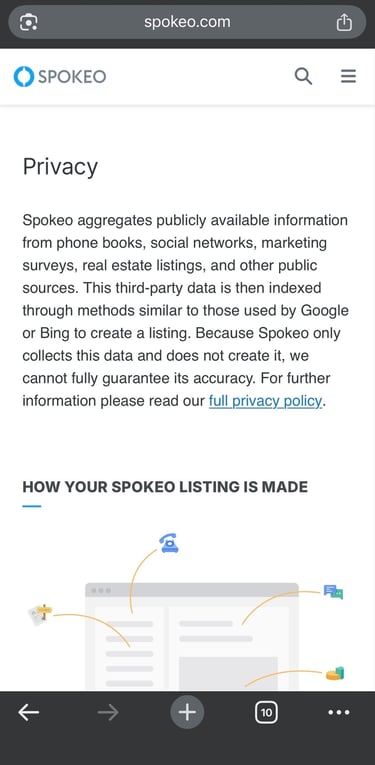



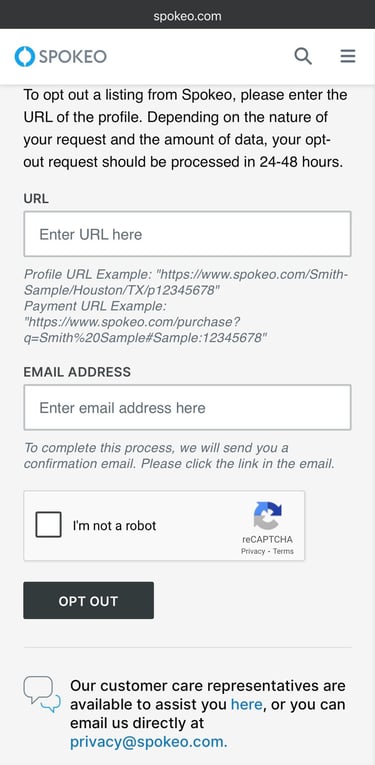

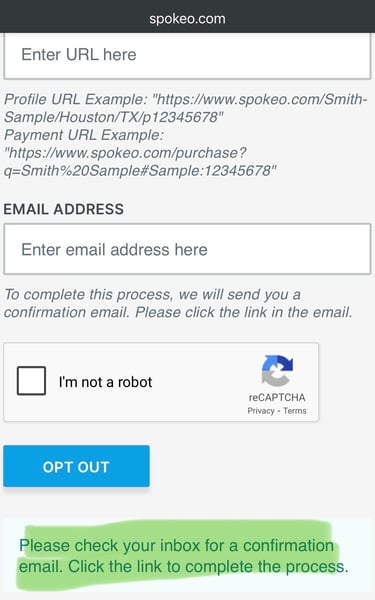

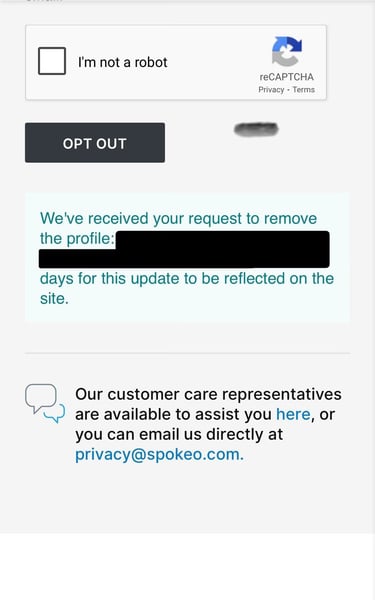

Cybersecurity Parents LLC
Empowering families to navigate the digital world.
Email us
© Cybersecurity Parents LLC 2025. All rights reserved.

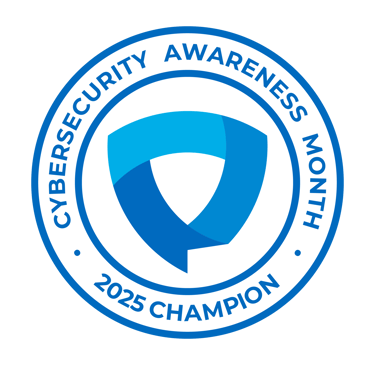
All content, materials, and sessions provided by Cybersecurity Parents LLC are intended for informational and educational purposes only.
They do not constitute legal, financial, or cybersecurity advice. Parents, educators, and participants should use their own judgment and, when necessary, consult with a qualified professional. By participating in our events, reading our materials, or using our resources, you acknowledge and agree that Cybersecurity Parents LLC is not liable for any actions you take or outcomes resulting from the use or misuse of our content.
